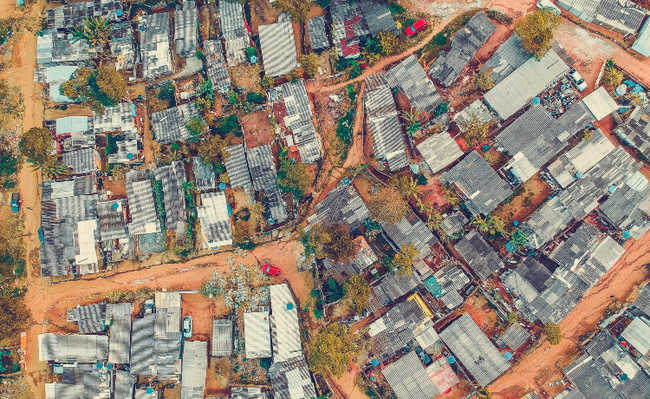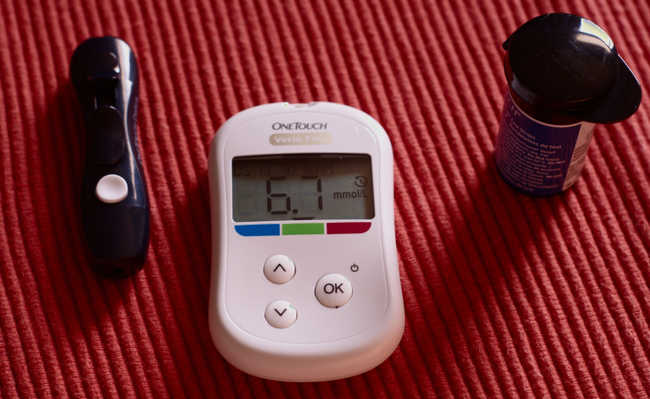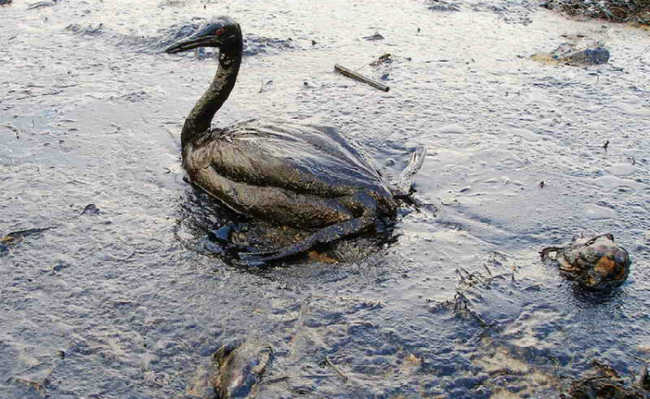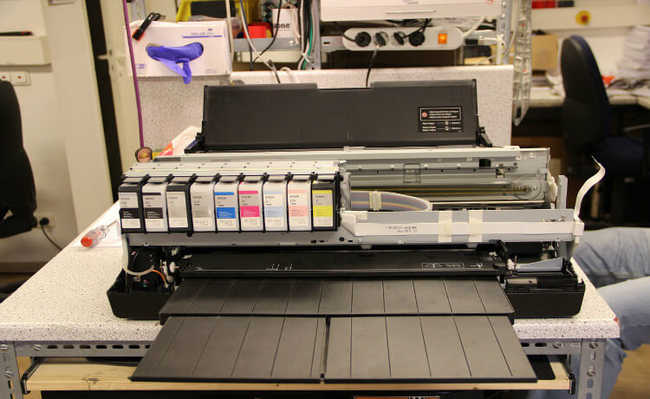Earth Hour: turn off the lights for sustainability
Earth Hour is a movement that seeks to raise awareness and engage with the issues of climate change and its impact on biodiversity and people's lives
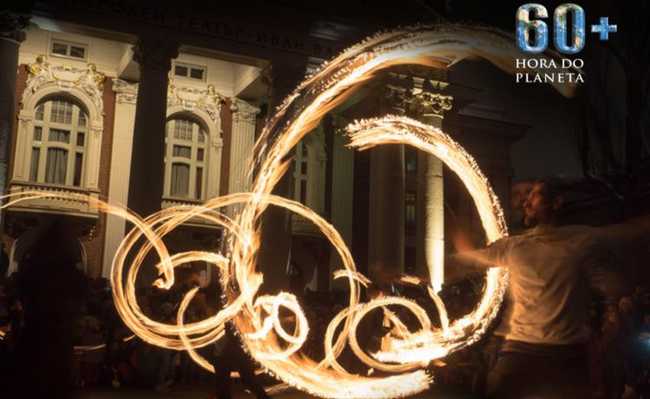
A simple act of turning off the lights for an hour, in which everyone signals their concern about global warming and climate change. This is the proposal of Earth Hour , a global event promoted by the organization WWF (World Wildlife Fund) since 2007. In 2019, Earth Hour takes place on March 30, Saturday, at 8:30 pm (local time). The campaign invites institutions, public bodies, companies and citizens to turn off their lights until 9:30 pm, inviting the reflection that each one of us can do our part to preserve the planet.
Created in 2007 in Sydney, Australia, Earth Hour has already become the biggest movement for the environment in the world - in 2018, Earth Hour had the participation of cities and municipalities in 188 countries and territories, accounting for more than 17,000 deleted icons or monuments. Brazil has a great participation in this history, involving more than one hundred cities and 1500 monuments.
“More than a simple lights-out, Earth Hour is an invitation for people to stop for about an hour and reflect on our actions in relation to the environment; what we have done and what each one can do to reduce the problem”, comments WWF-Brasil's executive director, Maurício Voivodic. For him, the movement is a globalized demonstration that the world wants to see in its leaders the courage to face and reverse the different environmental challenges, whose impacts interfere in the lives of the entire population.
The concern to avoid waste, the conscientious use of individual transport vehicles and the option to buy local products that do not harm the environment are some of the habits that Voivodic considers important for reducing damage to the environment. “The causes and effects of climate change are embedded in our lives. The resolution of these issues is closely related to the creation and fulfillment of public policies. However, if everyone rethinks their consumption habits, we will have a great improvement in the health of the planet”, continues Voivodic.
Brazil has been facing a growing number of problems related to climate change, such as drought, reduced food production or water shortages in the middle of the rainy season. According to the coordinator of the Climate Change and Energy program at WWF-Brazil, André Nahur, the maintenance of certain outdated investment systems, such as the contracting of energy from thermoelectric plants, only worsens the situation for the population, as it produces more gases from greenhouse effect (which aggravate global warming) and makes the electricity tariff more expensive for consumers.
“Our country has all the characteristics to be a global leader in electricity generation, with an expansion of the offer of solar and wind generation. The five-year investment in solar energy instead of thermal energy, for example, can generate around R$ 150 billion in savings in 20 years, in addition to more jobs. By assuming a stronger and timely leadership in the face of climate change, Brazil can become an example of sustainable development and green economy, contributing to the well-being of the population and the planet's climate security”, comments Nahur.
Invitation to engagement
Earth Hour takes place around the world on March 30, between 8:30 pm and 9:30 pm local time, and there are many ways to get involved.
For cities, participation takes place through a Term of Adhesion, which must be signed by a local authority indicating which monuments and public buildings will be unlit during the 60 minutes. Schools, private institutions and organizations can also get involved by turning off lights and promoting activities and events.
WWF-Brasil encourages the participation of citizens as a whole and invites reflection and creation of events linked to the date. A form for registering activities and material with tips on what each person can do to participate more fully in the campaign is available on the Earth Hour website.
The material also features tips on what to do during Earth Hour, how to gather friends to chat, eat or drink by candlelight, tell horror stories, rescue board games or those forgotten photos in the back of the closet.
And a valuable tip for anyone afraid of the dark or fearing for their family's safety is that you don't have to turn off all the lights to participate in Earth Hour. It's okay if you leave some emergency lights on in strategic places around the house, just turning off the main lights!

